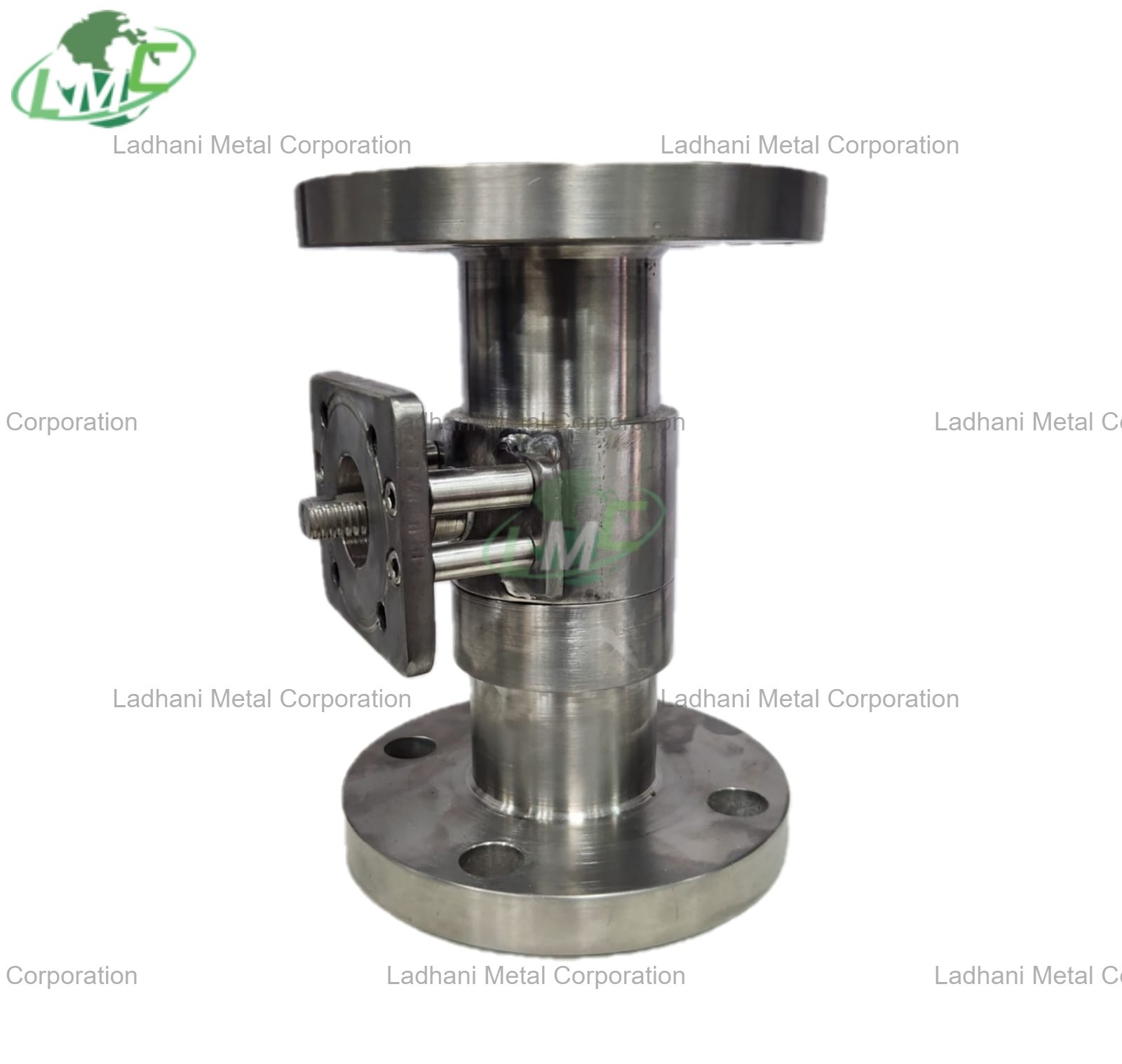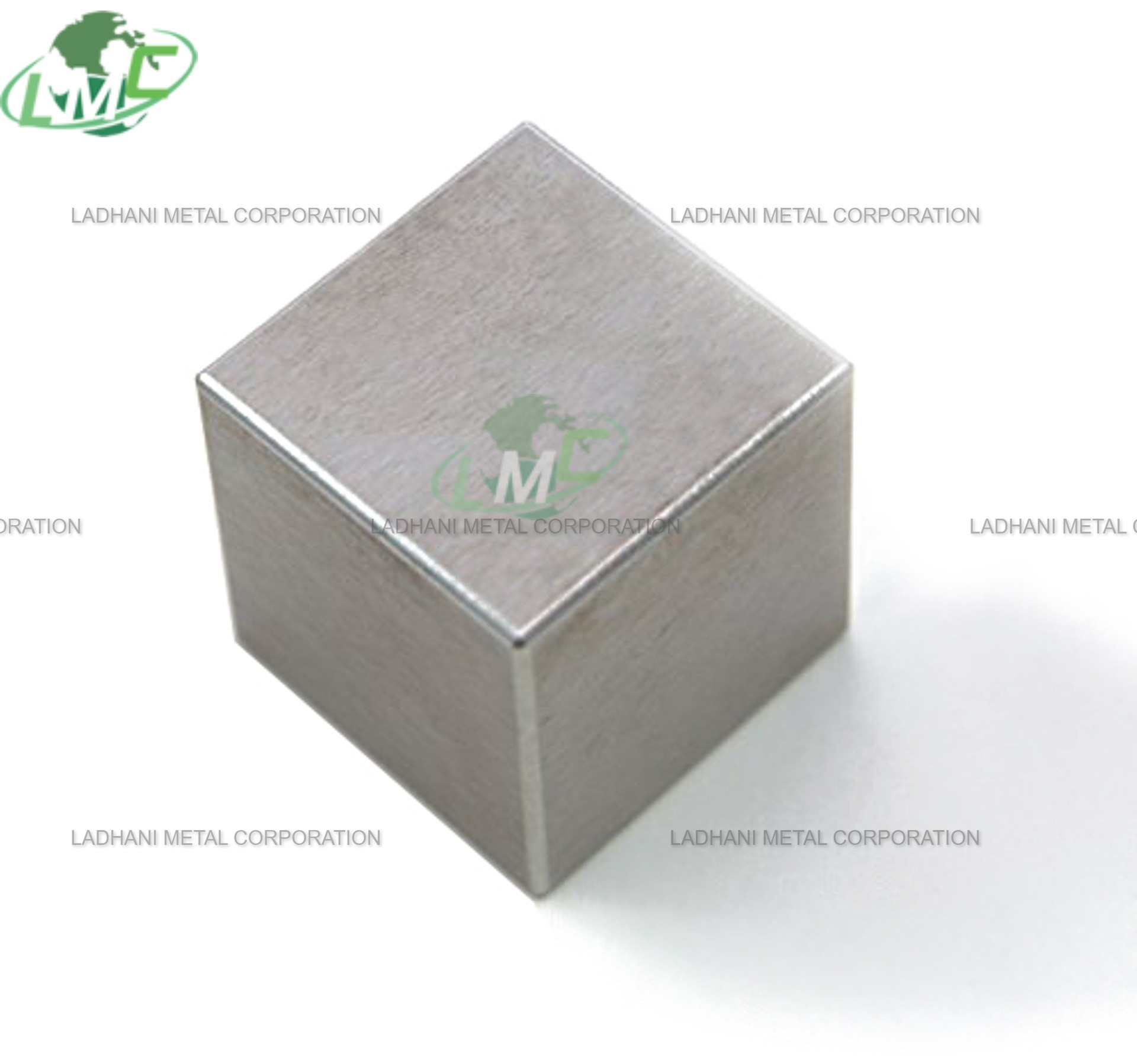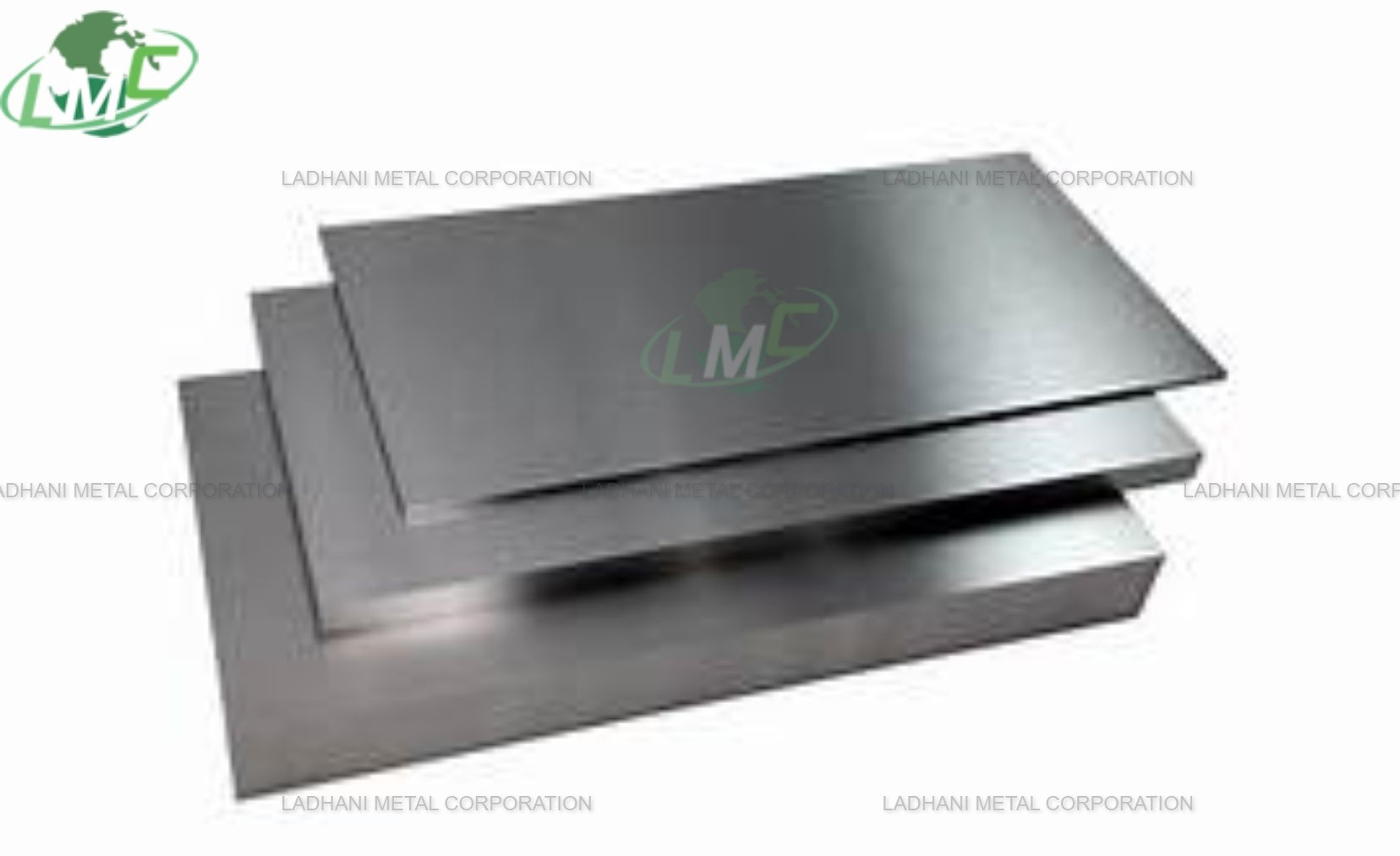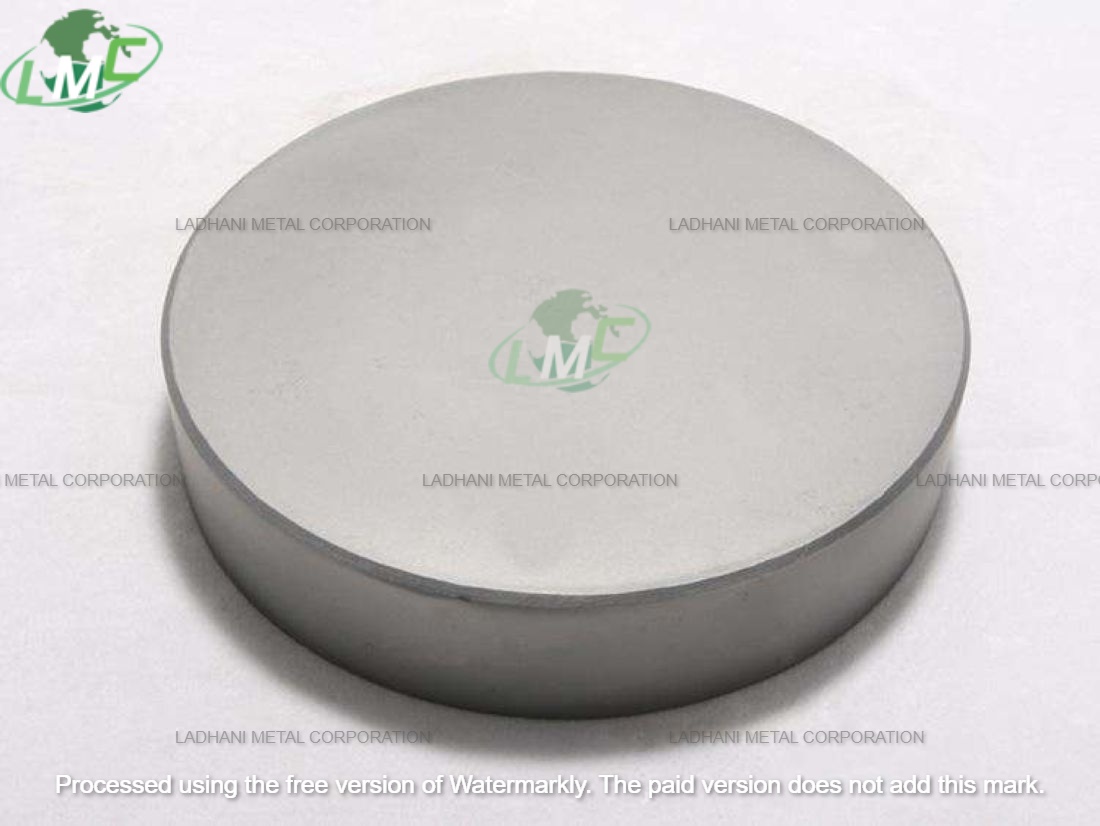Ladhani Metal Corporation is a manufacturer and stockist of a wide range of titanium valves, including: Titanium Full Bore and Flanged Valves, Titanium Needle Valves, Titanium Check Valves, Titanium Globe Valves, Titanium Gate Valves, Titanium Y Strainers, and other titanium forged fittings. Titanium valves are available in a variety of material grades, ranging from the most commonly used Grade 2 to alloyed titanium grades such as Gr. 5, Gr. 7, and Gr. 12. Titanium alloys are also known as R50400, R50550, and R56400 in UNS. Titanium valves are designed as per ANSI B16.34. Titanium valves are primarily made from ASTM B381 Grade F2 and F5. We manufacture our ball valves entirely from titanium, including: Titanium Ball Titanium Body Titanium Handle Titanium Fasteners Titanium Flange Ladhani Metal Corporation is a manufacturer, exporter, and supplier of titanium ball valves. Our Titanium Ball Valve Products: 1000 - 6000 PSI Two-Piece Full Bore Ball Valve 1000 - 6000 PSI Three-Piece Full Bore Ball Valve ANSI Class 150 – 900 Two-Piece Flanged Ball Valve ANSI Class 150 – 900 Two-Piece Flanged Ball Valve Design Features: Full Bar Machined Construction Valve Design as per ANSI B16.34 2-Piece Body Design, Full Bore Blow-Out-Proof Stem Design Flange Face to Face: ANSI B16.10 Class 150/300 RF Flange Dimension: ANSI B16.5 Class 150/300 End Type: Screwed & Welded End NACE MR0175 is available Ladhani Metal Corporation can also manufacture titanium ball valves in grades such as Titanium Grade 1, Titanium Grade 2, Titanium Grade 5, Titanium Grade 9, Titanium Grade 6, and Titanium Grade 23. Available at the following locations: Coimbatore, Rudrapur, Bhilai, Raigarh, Navi Mumbai, Aluva, Vijayawada, Firozabad, Panna, Panipat, Channapatna, Varanasi, Moradabad, Bareilly, Jamshedpur, Tiruppur, Rajahmundry, Bokaro Steel City, Kolkata, Durgapur, Kharagpur, Hosdurg, Haldia, Indore, Pithampur, Belagavi, Dibrugarh, Palakkad, Delhi, Noida, Kannur, Salem, Sivakasi, Kanpur, Rajkot, Kochi, Peenya, Surat, Rourkela, Visakhapatnam, Angul, Ahmedabad, Gandhinagar, Jamnagar, Vadodara, Bharuch-Ankleshwar, Ludhiana, Pimpri-Chinchwad, Mumbai, Bangalore, Thiruvananthapuram, Thrissur, Gajraula, Unnao, Sri City, Margao, Kunnamkulam, Darjeeling, Nashik, Chennai, Hosur, Haridwar, Faridabad, Mathura, Gurugram, Baddi, Calicut, Pune, Aurangabad, Nagpur, Mirzapur, Perambra, Muzaffarnagar, Meerut, Saharanpur, Bulandshahr, Ichalkaranji, Muvattupuzha, Aligarh, Anjar, Bardoli, Chittaranjan, Hyderabad, Jharia, Morbi, Nepanagar, Kollam, Tiruvalla, Kottayam, Idukki, Alappuzha, Cherthala, Alwaye, Ambattur, Ambarnath, Amritsar, Avadi, Ankleshwar, Bhadravati, Cochin, Dindigul, Ennore, Guntur, Kagithapuram, Kalpakkam, Kollegal, Kolar, Lucknow, Mysore, Nandambakkam, Nangal, Neyveli, Ooty, Perambur, Pinjore, Rupnarayanpur, Renukoot, Sindri, Singhbhum, Sirpur, Udhana, Urkunta, Worli, Zaina Kot. We are an exporter to the following countries: Russia, Canada, United States, China, Brazil, Australia, Argentina, Kazakhstan, Algeria, Democratic Republic of the Congo, Denmark, Saudi Arabia, Mexico, Indonesia, Sudan, Libya, Iran, Mongolia, Peru, Chad, Niger, Angola, Mali, South Africa, Colombia, Ethiopia, Bolivia, Mauritania, Egypt, Tanzania, Nigeria, Venezuela, Namibia, Mozambique, Pakistan, Turkey, Chile, Zambia, Myanmar, Afghanistan, South Sudan, France, Somalia, Central African Republic, Ukraine, Madagascar, Botswana, Kenya, Yemen, Thailand, Spain, Turkmenistan, Cameroon, Papua New Guinea, Sweden, Uzbekistan, Morocco, Iraq, Paraguay, Zimbabwe, Norway, Japan, Germany, Republic of the Congo, Finland, Vietnam, Malaysia, Côte d'Ivoire, Poland, Oman, Italy, Philippines, Ecuador, Burkina Faso, New Zealand, Gabon, United Kingdom, Guinea, Uganda, Ghana, Romania, Laos, Guyana, Belarus, Kyrgyzstan, Senegal, Syria, Cambodia, Uruguay, and Suriname.
Send Message








